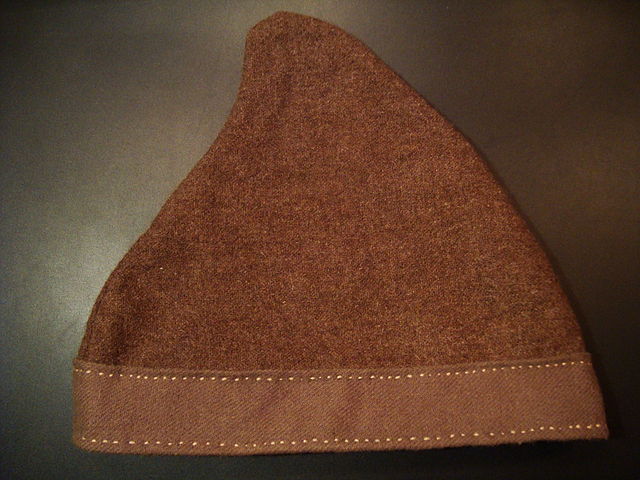A kufi or kufi cap is a brimless, short, and rounded cap worn by men in many populations in North Africa, East Africa, West Africa, South Asia, and the Middle East.
It is also worn by men throughout the African diaspora. The cap has strong associations with many Islamic cultures and pan-African pride. In the United States and the United Kingdom, it is also called a "taqiyah".
Jazz fusion keyboardist Joe Zawinul performing on stage and wearing a kufi cap.
A cap is a flat headgear, usually with a visor. Caps have crowns that fit very close to the head. They made their first appearance as early as 3200 BC. The origin of the word "cap" comes from the Old French word "chapeau" which means "head covering". Over time, the word has evolved and changed its meaning, but it still retains its association with headwear. Caps typically have a visor, or no brim at all. They are popular in casual and informal settings, and are seen in sports and fashion. They are typically designed for warmth, and often incorporate a visor to block sunlight from the eyes. They come in many shapes, sizes, and are of different brands. Baseball caps are one of the most common types of cap.

The Meyrick Helmet is a Celtic: Brythonic helmet that is likely to have originated from Northern England in the 1st century AD. The flat plane extending from the rim is intended to protect the back of the neck, however some theorise it may have been turned in reverse to shield the eyes from sunlight whilst in battle
German M43-style field cap of the "Bundesgrenzschutz" (BGS) (now called Bundespolizei), the German Federal Police
A propeller hat, also known as a propeller beanie.
Phrygian cap as fashion





